The peoples tribunal that exposed the blue myth.
A statement by the World Forum of Fisher Peoples.
Delhi 23 February 2021
We, the World Forum of Fisher Peoples, representing 30 million fisher peoples from 56 countries denounce the blue economy as promoted by our governments, multilateral institutions and transnational corporations. We call upon our sisters and brothers from all segments of our society to stand by our side in our struggle against the capitalist onslaught on our nature and climate, and to reclaim what has been taken from in the name of blue development.
The ocean is increasingly framed as a frontier for economic development, and unprecedented capital investments is reshaping our coastal lands into infrastructure landscapes for the purpose of extracting profits. Millions of peoples, where we fisher peoples are only a fraction, are directly affected when our coasts are turned into ports, petroleum hubs, shipping canals, tourism sites, aquaculture projects, power plants, mining areas and Special Economic Zones. At the same time, the ocean is being carved up and divided into zones for oil and gas drilling, shipping lanes, off-shore wind farms, deep-sea and sand mining areas, factory fishing and Marine Protected Areas. Our fishing territories are grabbed to provide space for these so called development projects.
In 2018, some twenty fisher movements and allied civil society organisations from six Asian countries initiated an unprecedented documentation of peoples testimonials from over 50 communities affected by so called blue economy development projects. The series of six peoples tribunals conducted in 2020 brought a tide of worst fears to the fore:
- Some 600.000 people in Sri Lanka are affected by one port project alone with homes and beached washed away and 30.000 fishers without means to provide for their families.
- A large chunk of Maheshkhali island in Bangladesh is being turned into a Special Economic Zone with a new container port, thermal power projects and Liquefied Natural Gas (LNG) infrastructure and some 3.2 million people – many of whom depends on the sea for their livelihoods – will be directly affected.
- In Thailand, the Grand Grand Thai Canal – connecting the South China Sea and the Indian Ocean – and associated mega-infrastructure project will cause havoc to both nature and millions of people.
- In Indonesia, the new Omnibus law (2020) could lead to displacement of 8 million fisher households to provide space for infrastructure developments and tourism.
- The Whadwan Port project in Maharashtra will affect some 10.000 fisher women, and this is just one of nearly 100 infrastructure project under the Sagarmala Blue Revolution project of the Indian government.
The peoples tribunals with the verdicts of their juries, make up the first ever proof of this scale of havoc unleashed in the name of the blue economy.
We, as small-scale fisheries, remain excluded from decisions affecting our lives and territories. When protesting we are increasingly met by militarised state repression. When exercising our traditional practices and human rights, we are pushed back by the greed of capitalist development project. Gender inequality is exaggerated under under the blue development paradigm and the climate crisis is deepening.
The testimonies have also shown that it is not only us, fisher peoples, whose lives and livelihoods are threatened. The ocean economy reshapes entire coastlines and cuts deep into the hinterlands, with pipelines, roads and railways connecting to the seas. The myriad of ‘blue’ infrastructure and tourism project displaces masses of people and turns us into an army of cheap labour who have no choice but to accept the low wages and harsh working conditions in nearby or far-away labour markets.
We live in times where the dominating capitalist development model affects all sectors and fractions of society in more or less the same way. We acknowledge a minority economic elite owns the vast majority of the worlds financial and productive capital. Together we are the majority, and together we will give shape to our future and protect our nature and climate.
We call upon our sisters and brothers, farmers and herders, dock-workers and shipping crews, unions and migrants, factory workers and fishers, women and youth, to join forces and stand united to make sure the last frontier – the ocean – becomes our frontier.
The tribunals consisted of a detailed two year prior process that involved selection of regions and thematic focal areas, physical visit and research team’s explorations and study, as well as coordination between people’s organisations of six countries (including Pakistan, where the country tribunal will be held soon). Due to the pandemic restrictions, each of the country tribunals were held separately (organised online) and included affected community depositions, fisheries experts’ thematic presentations, presentations by union leaders, etc. The jury for each tribunal consisted of eminent jurists, academics, senior researchers, authors, and other such public intellectuals and known figures.
It is aimed that this International Conference will not only be the space to release all the country verdicts and launch the website, but also one to plan the outreach of the work and the way forward in other regions. It is a significant fact that in effect the BE Tribunal series became the first instance when the impacted communities from across Asian countries came together to do testimonials, case study analyses, listen to experts and jurists, in an effort to impact the ongoing mode of top down ‘development’ of coastal areas, marine spaces and the lives of fishworkers alike, through the Blue Economy framework.
The conference will witness several jury members from all the tribunals come together to release the country verdicts, with affected community members, international experts, activists and academia. Intellectually and organisationally, for many groups that are working on issues of marine conservation, fishers’ livelihoods and coastal ecological safeguards, the conference will also be an opportunity to explore the different contours of BE. It is expected that leaders from across the world, representing the fishing communities, will take part in the conference.

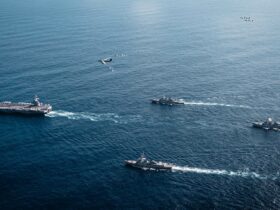
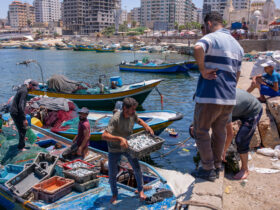
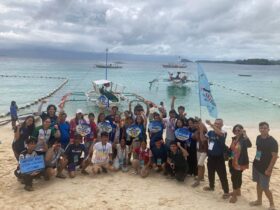
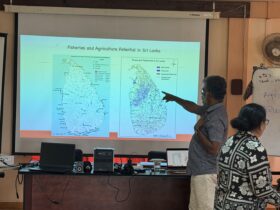
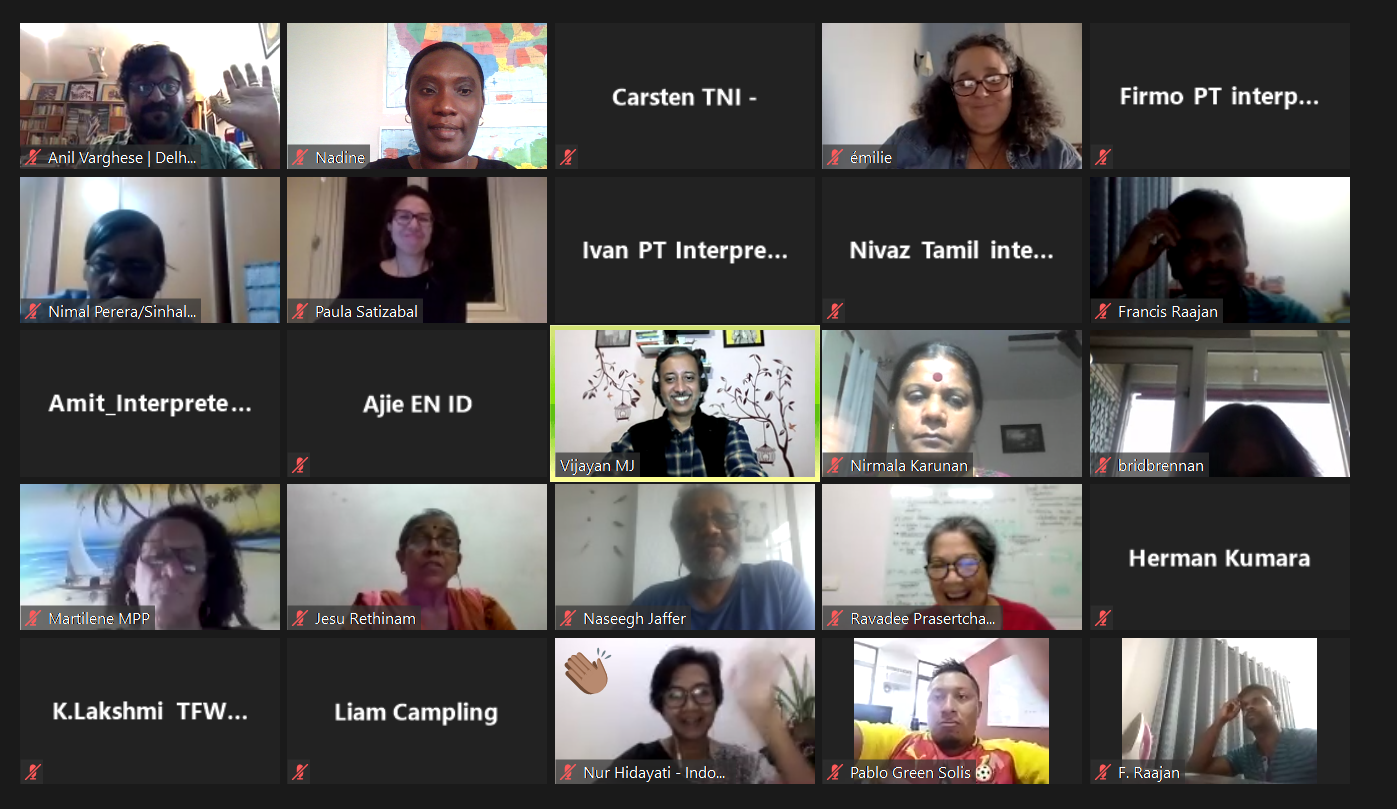
Leave a Reply